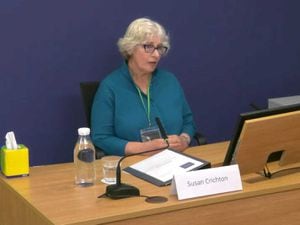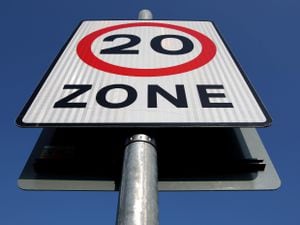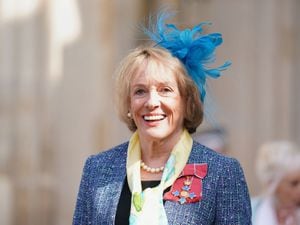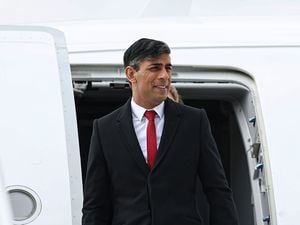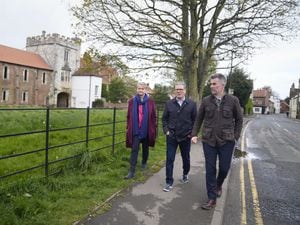Grayling hits back after attacks following highest rail fare rises in five years
Many season tickets have gone up by more than £100.
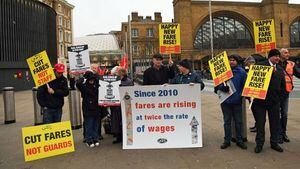
Transport Secretary Chris Grayling said he has not “shirked the issue” after he was criticised for being in Qatar as rail passengers are hit with the largest fare rises in five years.
Mr Grayling said the fare increases were “higher than I would wish”, and accused Labour of being “completely hypocritical” on rail fares.
Shadow transport secretary Andy McDonald claimed the timing of the two-day visit, where Mr Grayling is due to meet members of the Gulf state’s government and business leaders, “smacks of a man running scared” as the cost of train tickets rose by an average of 3.4%.
He went on: “Passengers and taxpayers deserve better than a failing Transport Secretary who refuses to defend his track record.”
But speaking to LBC radio from Qatar, Mr Grayling denied leaving the country to dodge the row over fares, insisting it was “important that during parliamentary recess ministers go to other countries where there are business opportunities”.
“This increase was announced a month ago, and I’ve done radio interviews about it and answered questions in the House of Commons, so I don’t think I’ve shirked the issue,” he said.
“I think it is really important that we get out and try to win business for Britain. Today, my presence in the country wouldn’t make any difference, but I can make a difference trying to help Britain get more jobs.”
The Department for Transport said Mr Grayling’s visit aimed to strengthen the UK’s relationship with Qatar ahead of Brexit, and he will seek to support the delivery of a commitment to invest a further £5 billion across the UK in the next three to five years, which was made at the Qatar-UK Business and Investment Forum last year.
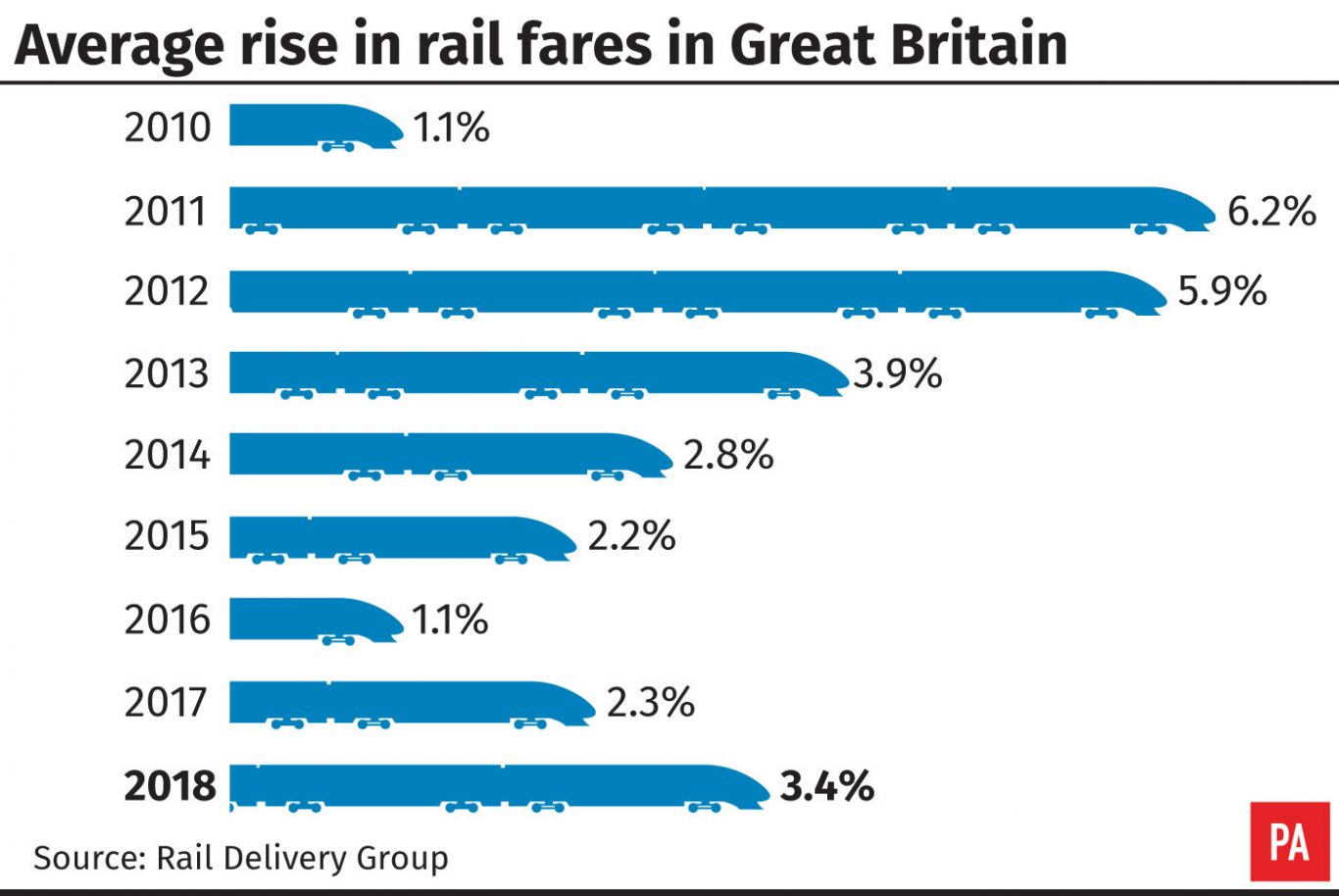
Mr Grayling also told LBC he would like to move to the lower CPI measure of inflation, but that he faces obstruction from rail unions which insist on using the RPI measure when negotiating pay rises.
He said the Government was putting significant sums into rail investment, including the renovation of London Bridge station and the creation of Crossrail.
Mr Grayling said: “Something has to pay for that and the question is do we ask the farepayers to pay for part of the cost – the taxpayer generally pays for a lot of it – or do we put all the cost on the taxpayer?
“The increase is higher than I would wish. I think we need to move to the lower form of inflation.
“There are two big barriers to that. One is that it involves unpicking long-term contracts, and I have started the process of looking at how best we do that. The other is, I’m afraid, the unions and the Labour Party.”
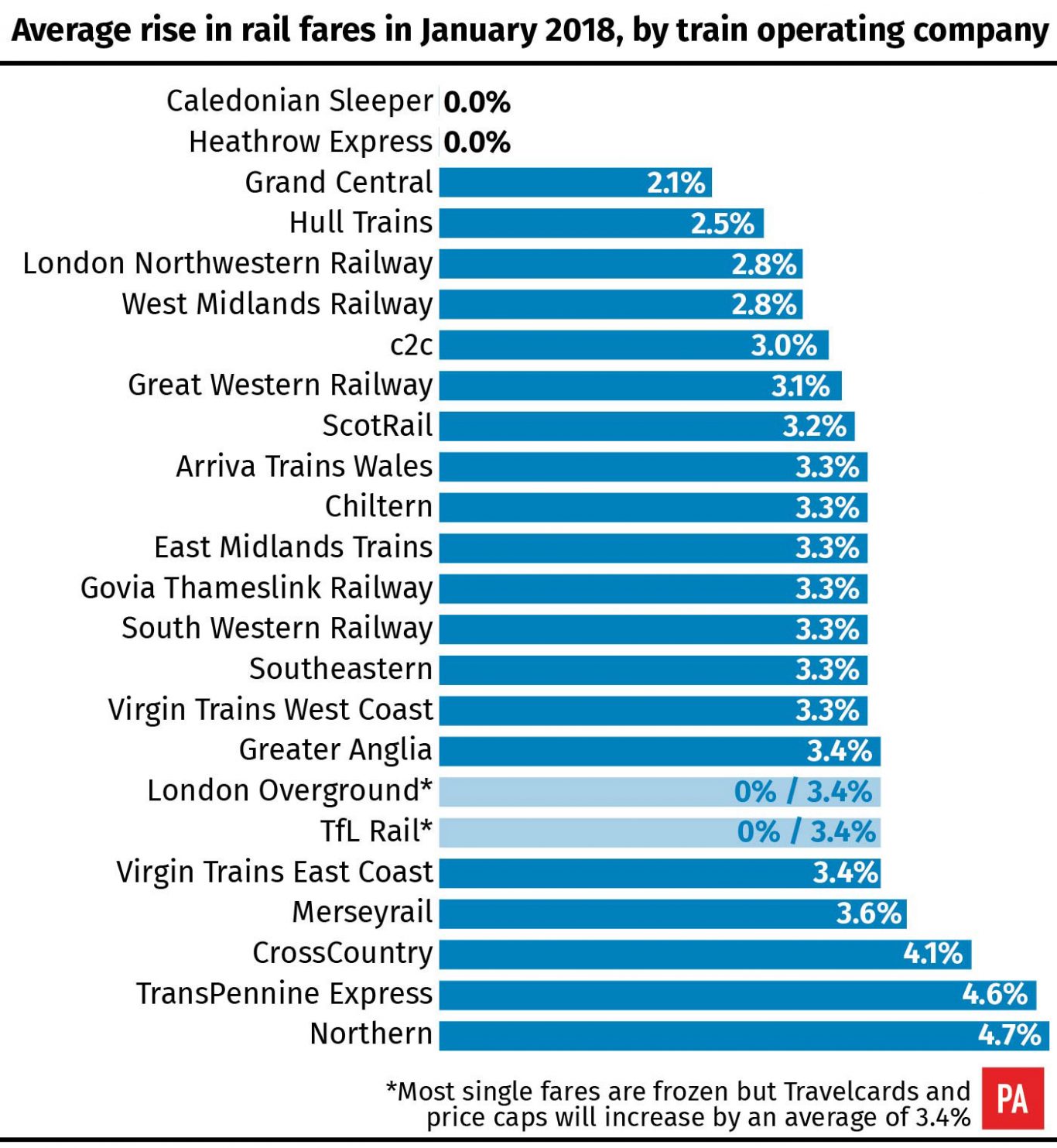
Many season tickets went up by more than £100 on Tuesday, including in Prime Minister Theresa May’s constituency of Maidenhead, where an annual pass to London rose by £104 to £3,092.
Other commuter routes that are now more expensive include Liverpool to Manchester (up £108 to £3,152), Neath to Cardiff (up £56 to £1,708) and Elgin to Inverness (up £100 to £2,904).
Protests were held outside around 40 stations with members of the Rail, Maritime and Transport (RMT) union handing out chocolates to “sweeten the bitter pill” of the price increase.
Stephen Joseph, chief executive of the Campaign for Better Transport (CBT), accused the Government of choosing to “snub rail passengers” by continuing to raise fares while fuel duty is frozen for a seventh consecutive year.
CBT figures show that average season tickets into London terminals have gone up by £146 this year, compared with £74 last January.
Mr Joseph said: “The extra money that season ticket holders will have to fork out this year is almost as much as drivers will save.
“That doesn’t seem fair to us or the millions of people who commute by train, especially as wages continue to stagnate. What’s good enough for motorists should be good enough for rail passengers.”
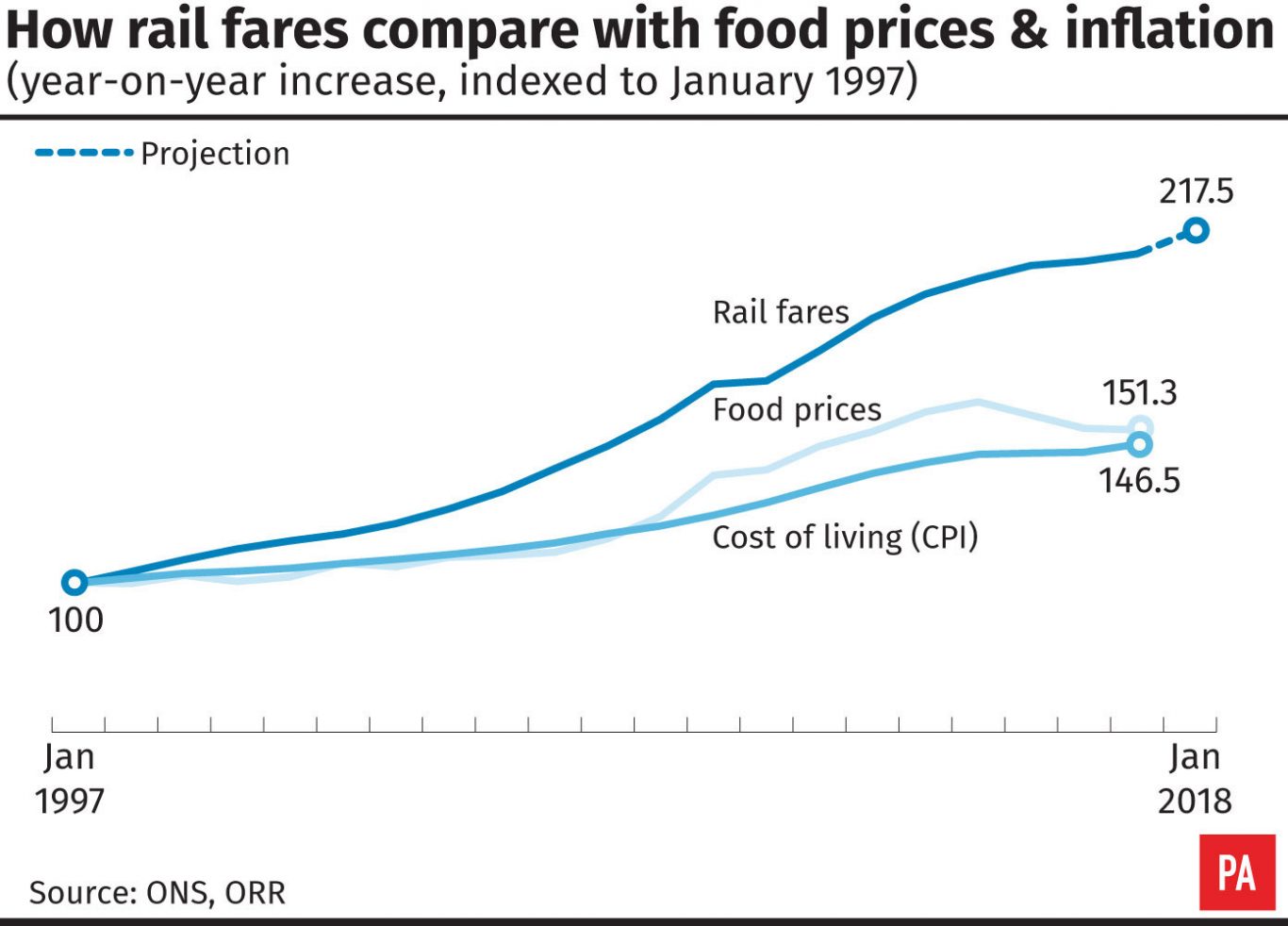
The Government uses the previous July’s Retail Prices Index (RPI) measure of inflation to determine increases in regulated fares – 3.6% in 2017.
These are around half of all tickets and include season tickets on most commuter routes.
Train operating companies set the prices of other tickets but are bound by competition rules.

